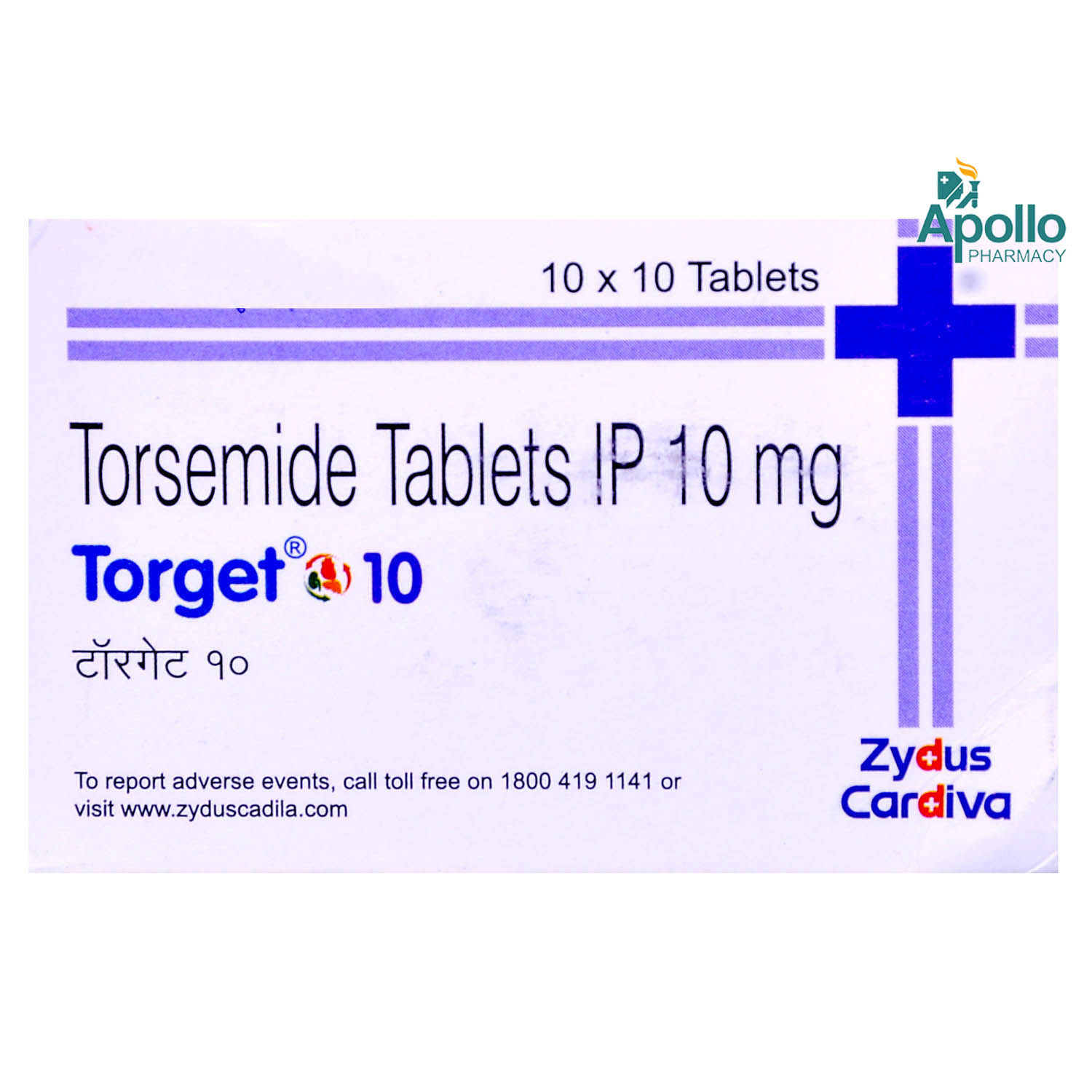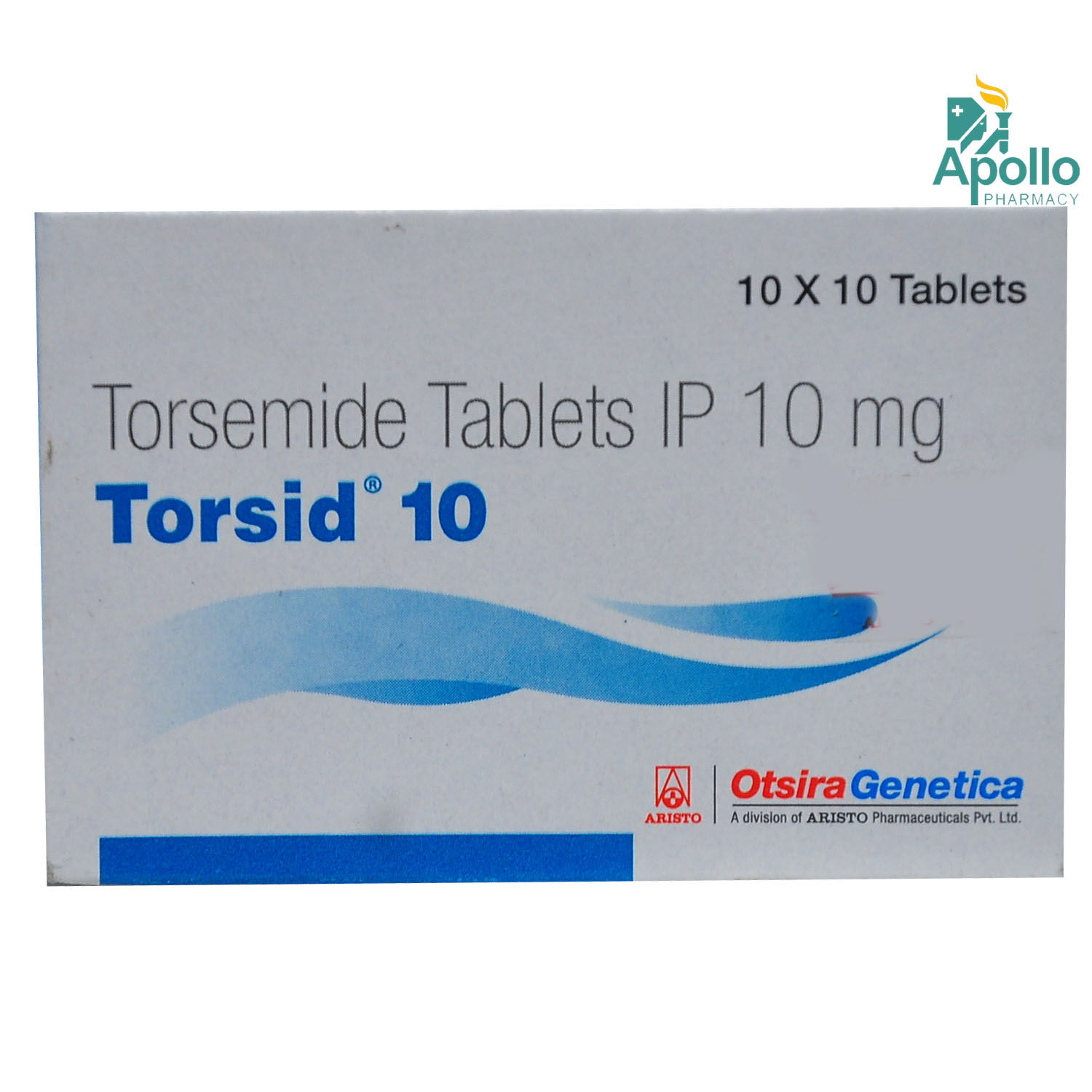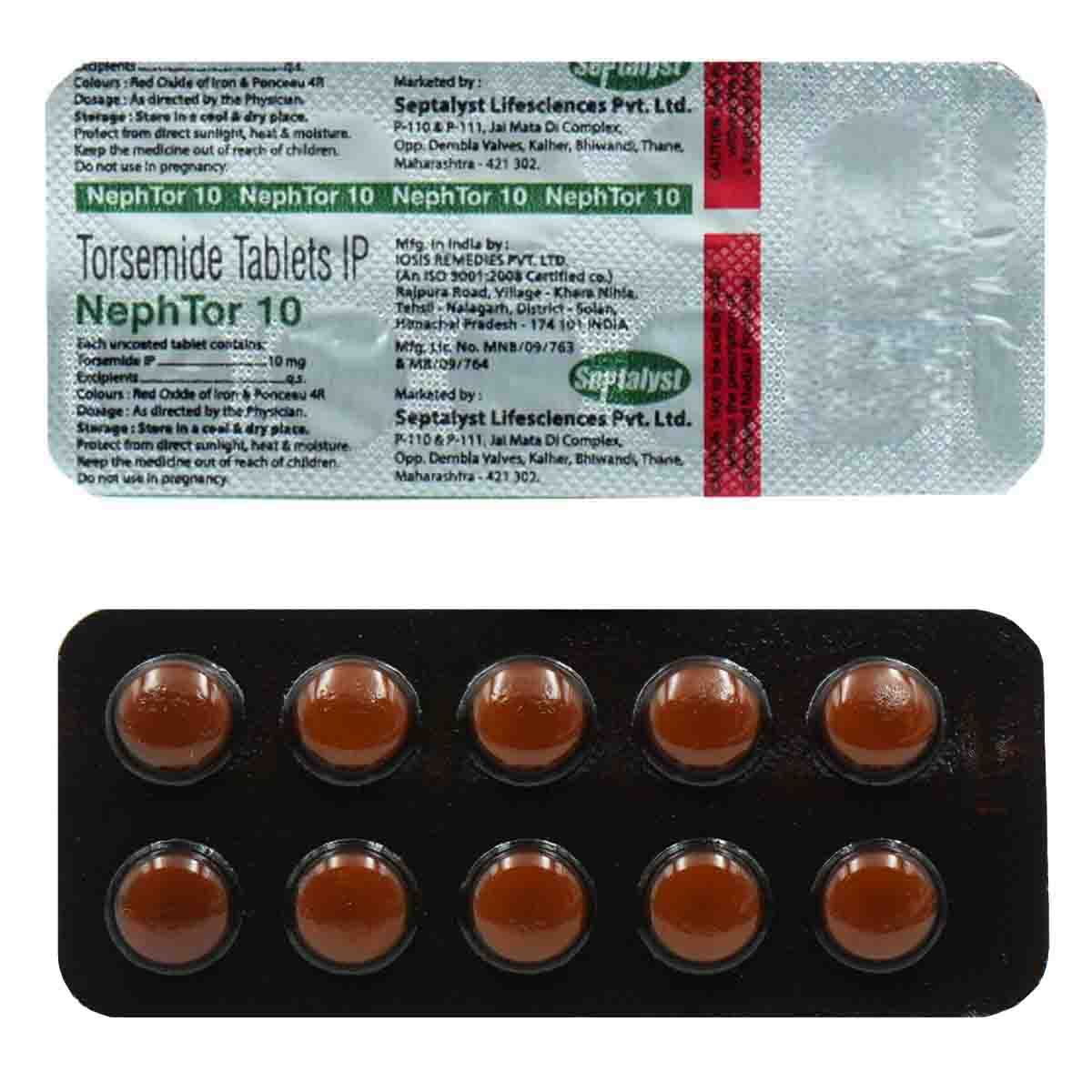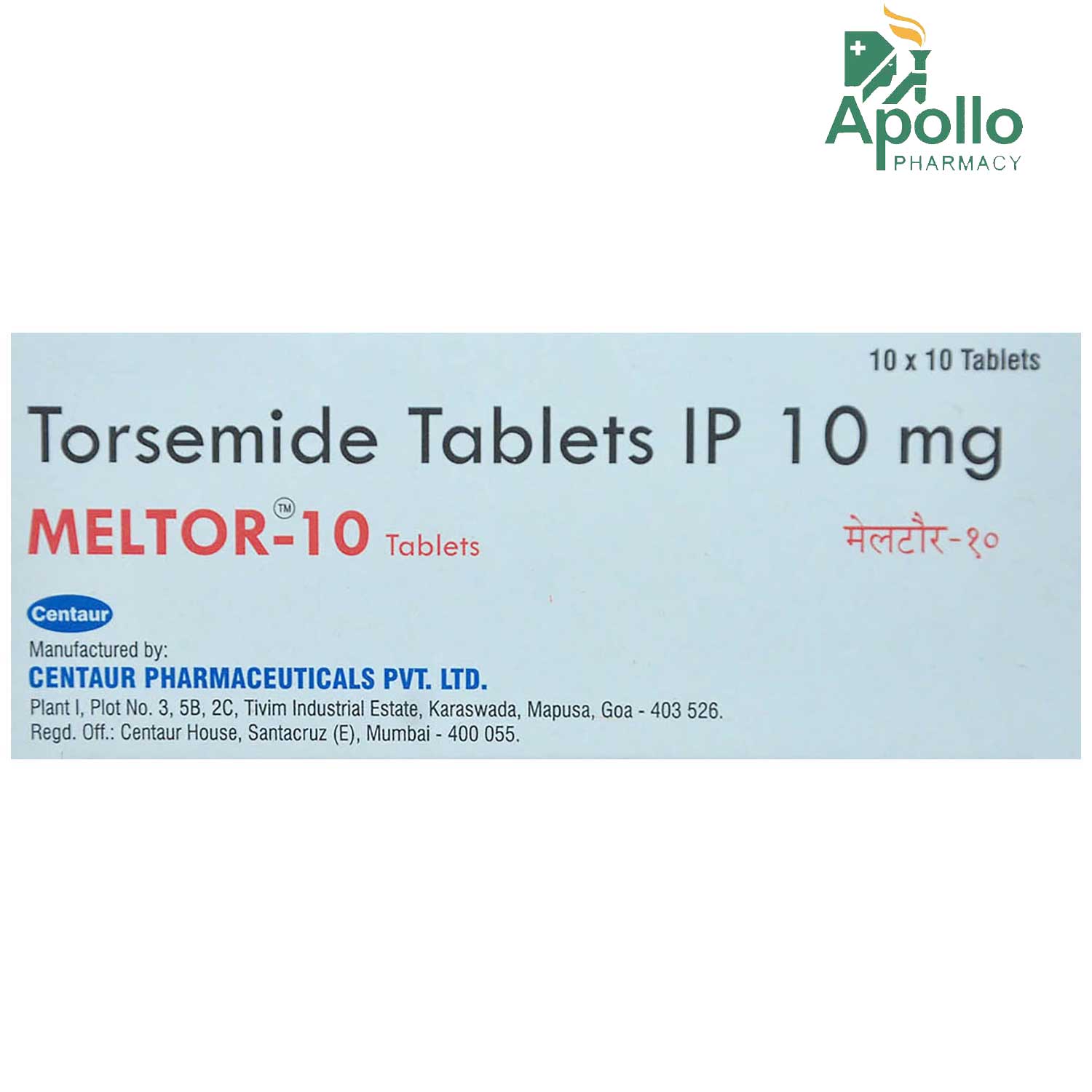Dymict-10 Tablet 10's
₹40*
₹34*
MRP ₹40
15% CB
₹6 cashback(15%)
Free Delivery
With Circle membership
(Inclusive of all Taxes)
This offer price is valid on orders above ₹800. Apply coupon PHARMA10/PHARMA18 (excluding restricted items)
Know Your Delivery Time
Provide Delivery Location

Whats That

Secure Payment

India's Most Trusted Pharmacy

Genuine Products
Composition :
Manufacturer/Marketer :
Consume Type :
Return Policy :
About Dymict-10 Tablet 10's
Dymict-10 Tablet 10's is used to treat high blood pressure, heart failure, and oedema (a build-up of fluid in the body). Hypertension or high blood pressure is a chronic condition in which the force exerted by the blood against the artery wall increases. The higher this blood pressure, the harder the heart has to pump. As a result, it leads to heart disease, irregular heartbeat, and other complications. Oedema may occur in case of high blood pressure, where fluids of the body get trapped in the tissues of the hands, arms, feet, ankles, and legs, leading to swelling.
Dymict-10 Tablet 10's works by increasing the amount of urine that is passed out from the kidneys. It effectively reduces excess fluid levels in the body and treats oedema (swelling) associated with heart, liver, kidney, or lung disease. This reduces the workload on the heart and makes the heart more efficient at pumping blood throughout the body. Thus, it helps to lower high blood pressure, reducing the chances of heart attack or stroke.
You can take Dymict-10 Tablet 10's with food or without food. It should be swallowed whole with a glass of water. Do not chew, bite, or break it. Your doctor will advise you on how often you take your tablets based on your medical condition. Sometimes, you may experience dehydration, nausea, dizziness, muscle cramps, or weak muscles. Most of these side effects of Dymict-10 Tablet 10's do not require medical attention and gradually resolve over time. However, if the side effects are persistent, reach out to your doctor.
Try not to stop taking a Dymict-10 Tablet 10's of your own. Let your doctor know about this, as it may cause a rise in blood pressure and can increase the risk of heart disease and stroke. Inform your doctor if you are suffering from kidney, liver, or heart disease. If you are pregnant or breastfeeding, please tell your doctor so that the dosage of Dymict-10 Tablet 10's can be prescribed accordingly. Please tell your doctor if you are taking any other medicines or are allergic to Dymict-10 Tablet 10's. Reducing the amount of table salt (sodium chloride) in your food often relieves the swelling of the body.
Uses of Dymict-10 Tablet 10's
Medicinal Benefits
When you take Dymict-10 Tablet 10's, the blood vessels in your body will relax and help lower the blood pressure. Also, it relaxes the blood vessels and helps to improve blood flow. It helps in losing excess fluids from the body by increasing the production of urine. This reduces the workload on the heart and makes the heart more efficient at pumping blood throughout the body. Thus, it helps to lower high blood pressure, reducing the chances of heart attack or stroke. In addition, this relieves oedema and enables you to carry out your daily activities more efficiently.
Side Effects of Dymict-10 Tablet 10's
- Hypotension (low blood pressure)
- Dehydration
- Headache
- Feeling confused or dizzy
- Muscle cramps, or weak muscles
- Feeling or being sick (nausea or vomiting)
- A fast or irregular heartbeat
- Reduced levels of potassium and magnesium in your blood
Directions for Use
Storage
Drug Warnings
Let the doctor know before consuming Dymict-10 Tablet 10's if you are allergic to Dymict-10 Tablet 10's or any other medicine in the past, have low blood pressure (less than 90 mm of Hg), have had a heart attack, kidney disease, liver disease, diabetes, pregnant women, or planning to get pregnant and breastfeeding women. Besides this, it is contraindicated in low blood pressure (hypotension), cardiogenic shock (sudden stopping of blood flow to the heart), and aortic stenosis (heart valve problem). Dymict-10 Tablet 10's can pass into breast milk, but its effect on the baby is unknown. So, it is better to tell your doctor if you take Dymict-10 Tablet 10's and breastfeeding.
Therapeutic Class
Drug-Drug Interactions
Drug-Food Interactions
Diet & Lifestyle Advise
Keep your weight under control with a BMI of 19.5-24.9.
Do regular physical activity or exercise for at least 150 minutes per week, or about 30 minutes most days of the week. Doing this can help you to lower your raised blood pressure by about 5 mm of Hg.
Opt for a diet rich in whole grains, fruits, veggies, and low-fat dairy products.
Limit sodium chloride (table salt) intake in your daily diet to 2300 mg per day or less than 1500 mg is ideal for most adults.
If you are taking alcohol, then only one serving for women and two servings for men is advisable.
Quitting smoking is the best strategy to lower the risk of heart disease.
Avoid chronic stress as it can raise your blood pressure. Try to enjoy and spend time with your loved ones to cope with stress and practice mindfulness techniques.
Monitor your blood pressure daily and if there is too much fluctuation, then immediately contact your doctor.
Try to include heart-healthy omega-3 fatty acids containing food drinks in your daily diet. You can also use low-fat cooking oil like olive oil, soybean oil, canola oil, and coconut oil to help lower your elevated blood pressure.
Habit Forming
How Dymict-10 Tablet 10's Works
What if I have taken an overdose of Dymict-10 Tablet 10's
Alcohol
Caution
You are recommended not to consume alcohol along with Dymict-10 Tablet 10's to avoid unpleasant side-effects.
Pregnancy
Caution
Dymict-10 Tablet 10's should not be used during pregnancy unless clearly necessary. Your doctor will weigh the benefits and potential risks before prescribing them. Please consult your doctor.
Breast Feeding
Caution
Dymict-10 Tablet 10's should not be used when breastfeeding unless clearly necessary. Your doctor will weigh the benefits and potential risks before prescribing them. Please consult your doctor.
Driving
Caution
Driving after taking Dymict-10 Tablet 10's is not recommended as it may occasionally cause drowsiness.
Liver
Caution
Dymict-10 Tablet 10's to be taken with caution, especially if you have a history of liver diseases/conditions. Your doctor may adjust your dose depending upon your current liver conditions.
Kidney
Caution
Dymict-10 Tablet 10's to be taken with caution, especially if you have a history of Kidney diseases/conditions. Your doctor may adjust your dose depending upon your current kidney conditions.
Children
Caution
Dymict-10 Tablet 10's to be taken with caution, especially if you are children below the age of 12. Your doctor may adjust your dose depending upon your age.
Country of origin
Manufacturer/Marketer address
Author Details
We provide you with authentic, trustworthy and relevant information
Dymict-10 Tablet 10's Substitute

Torget 10 Tablet 10's
₹7.65per tabletTorsinex 10 Tablet 10's
₹5.13per tabletTorsid 10 Tablet 10's
₹5.27per tabletToriflow 10 Tablet 10's
₹6.93per tabletTorvigress 10mg Tablet 10's
by AYUR
₹4.59per tablet
FAQs
Disclaimer
Product Substitutes



















